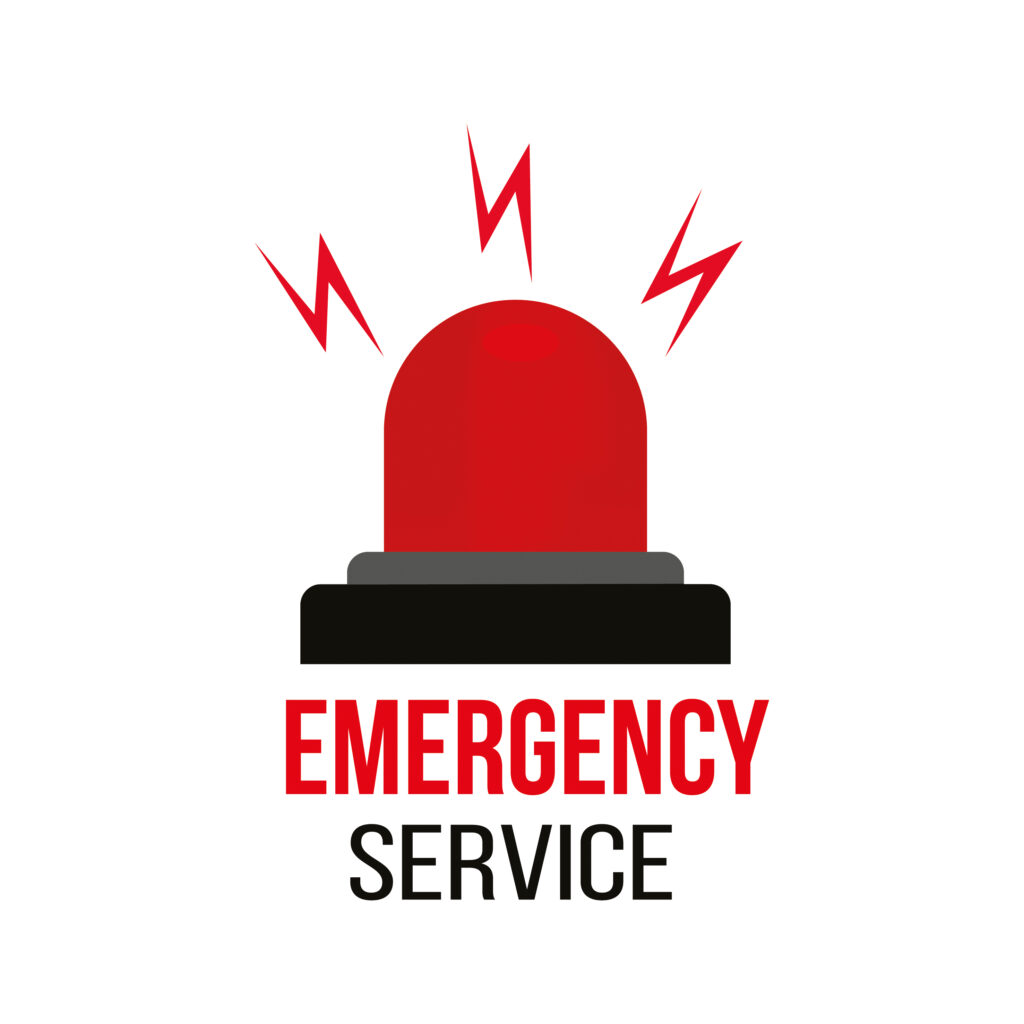Arq. Bras. Cardiol. 2024; 121(11): e20240669
Recognition by the Regulatory Physician of Expressions Used by Lay People when Asking for Help in Supposed Cardiorespiratory Arrest
This Short Editorial is referred by the Research article "Observational Study of Words Used by Emergency Callers and Their Impact on the Recognition of an Out-Of-Hospital Cardiopulmonary Arrest by the Medical Dispatcher".
Out-of-hospital cardiac arrest (OHCA) is a time-sensitive, life-threatening emergency that occurs millions of times every year. Data from countries around the world with emergency medical services (EMS) in place suggest a global average of 82.1 EMS-attended OHCAs per 100,000 people per annum. Survival after OHA remains modest despite standardized dispatch protocols in EMS systems, increased community training, and the introduction of post-resuscitation care. Ten percent (range, 6%–22%) of people who experience OHCA can expect to survive with a favorable neurological outcome. However, early prehospital interventions have a substantial impact on the survival of OHA victims.
Bystander-initiated cardiopulmonary resuscitation (CPR) increases the odds of 30-day survival by two-fold and is associated with improved long-term neurological outcomes. So, early recognition of cardiac arrest is the cornerstone of the chain of survival. Well-known clinical signs of cardiac arrest are unresponsiveness and absent or abnormal breathing. However, it is unclear how these signs and symptoms, especially agonistic respirations, are interpreted and described by laypeople. Besides that, dispatcher-assisted CPR increases neurologically intact survival in OHCA, according to several studies.,
[…]
161

